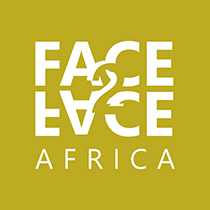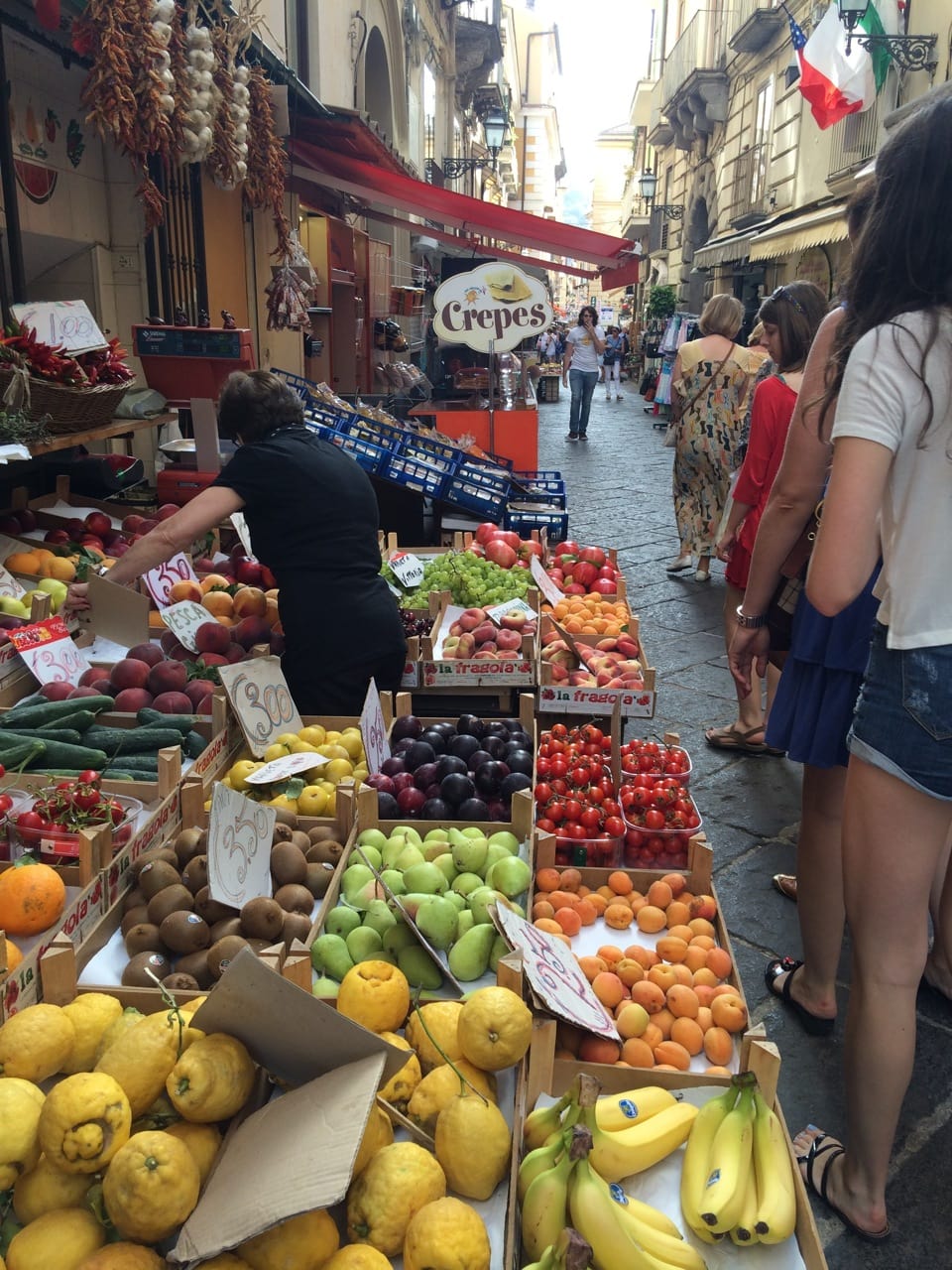Although the main reason for my next trip in the region was for a presentation of the West African “Table” at a talking heads Mediterranean conference in Italy, I was intent to “Take the time” and cherish the moments. My wife and I designed a dream itinerary that took us first to Paris for an overdue visit to my brother’s family, then to the Italian Amalfi coast.
RELATED: Senegalese Chef Pierre Learns To Take the Time During Paris Visit
Paris Markets During Ramadan
Visiting weekend markets is one of my favorite pastimes whenever I am in Paris. This last trip fell right on Ramadan, the Muslim holy month of fasting. Because of the strong population of Sub-Saharan and North African Muslim immigrants living in Paris, this added another dimension to this most-exquisite food city.
Muslims are required to fast until sunset, which only happens around 10 p.m. in Paris during the summer. Iftar, the evening meal to break the fast, can sometimes turn into an elaborate display of food. To avoid the painful chore of cooking while fasting, many Parisian Muslims prefer to get their prepared Iftar meals at markets and bakeries.
On a cloudy but otherwise warm Sunday afternoon, I went to Saint Genevieve Des Bois, a commune located in the southern suburbs of Paris. The wide-open weekly Farmers’ Market is in the center of the village.
The market was packed with vendors selling all sorts of goodies from fabrics to clothing items and toys, but of course, I headed toward the main section of the market, which was the food area. The atmosphere seemed solemn and many women were wearing Muslim veils. The crowd was moving at a leisurely pace through the colorful rows of fruits, vegetables, and fresh flowers.
Loudly boasting of the freshness and flavor of their produce, vendors offered tasting portions on platters to non-fasting passers by. The sweet smell of ripe summer peaches filled the air. Plum and juicy looking yellow or deep red cherries piled up and spilled over the crates from the vendors’ stalls.

6 photos
A wide table draped with red-checkered tablecloth displayed trays of several varieties of Middle Eastern pastries that seemed very popular among the fasting crowd.
A well-supplied fish section of the market served shiny looking and fresh smelling daurades, red mullet, spider lobsters, crabs, clams, mussels, oysters and all sizes of shrimp.
In the meat area, some of the butchers had a big Halal sign hanging above the cuts, a guarantee that the meat supplier followed the rules of the religious regulations in slaughtering the animal for their Muslim clients. They also had signage both in French and Arabic describing all sorts of cuts of lamb, beef, veal, or chicken as well as innards (liver, heart, tripe, kidneys) and of course Mergues, the spicy Moroccan lamb sausage that Parisians have now adopted as their own.
The other butchers’ cuts were for all affiliations: pork chops, sausage links hanging from a rope, more mergues (of course), racks of lamb, fillet mignons, entrecotes, and other steak cuts, veal chops, cutlets, plucked farmers’ chicken with black feet, quails….
Not unexpectedly, fasting Muslim customers who were shopping for their evening iftar meal assailed the Hallal butcher’s stall.
Next to it, I noticed a crowd forming around a big and stern looking Algerian woman. Her name was Hadja and she was preparing Mhadjeb, a chapathi-looking, mildly spicy Algerian pancake stuffed with onion sauce and ground lamb.
Mhadjeb is a popular dish in Algeria during Ramadan.









